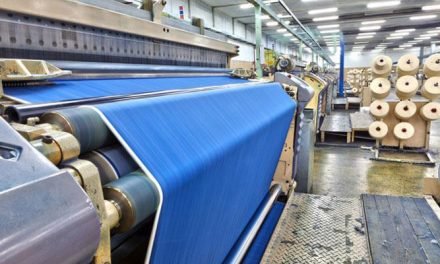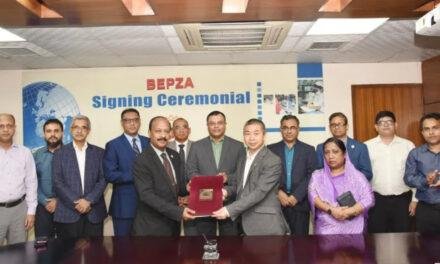
Making statements about the sector, Ender Doğan stated that socks production in Turkey is constantly developing and that the country is second in the world in terms of production and exports. Explaining that new technologies are used in production, Doğan said: “Our sector has a track equipped with over 100 thousand fully electronic machines and 2 thousand manufacturers of all sizes. We closed exports last year with $1.2 billion. This is almost the same as 2023 exports. Considering the decline in textile and ready-to-wear exports in recent years, this figure is quite good.”
Noting that 70% of exports are made to European Union (EU) countries, especially large retail companies in the world, Doğan stated that the sector made its biggest investment in recent times in 2022 and increased its capacity by 20%. Pointing out that the target market of the sector is the developed European countries, Doğan said, “They have created all kinds of infrastructure in order to serve all organized retail companies. They are currently quite advanced in terms of technology, infrastructure, systems and inspections. They are also very successful in fast production and service.”
“Working from Home Has Significantly Reduced Demand for Women’s Thin Socks”
Stating that they closely follow consumer trends as a sector, Doğan stated that colorful and patterned socks attracted a lot of attention due to the short trouser legs that were fashionable before the Covid-19 outbreak, but this interest has decreased recently.
Doğan stated that global developments directly affect the sock industry and made the following statements: “After the pandemic, interest in healthy products has increased. In addition, returning to nature and sustainability also affect preferences. The developments of the work-from-home culture and the transition to casual dress in institutions have significantly reduced the demand for thin women’s socks. Due to the interest in healthy living, demand for sports socks and varicose and diabetic socks due to vascular and diabetic diseases has increased.”
Doğan stated that there are companies in the sector that work particularly on energy, raw material efficiency and effectively reducing the paths from raw material to product, and noted the following: “Our sector became aware of this issue very early. However, the transformation in energy is a difficult and long process. There are many problems and their solutions are not immediate. The energy crisis has caused many issues to be reviewed and some to be postponed in Europe. It is not easy for our factories operating in Istanbul to solve this. In addition, many issues and problems are on the agenda regarding recycling. Sustainability is not a subject that companies can solve alone, but rather one that will be solved by our unions and relevant ministries. As an association, we convey all the information we receive to our members, follow the seminars and try to draw a roadmap.”





















